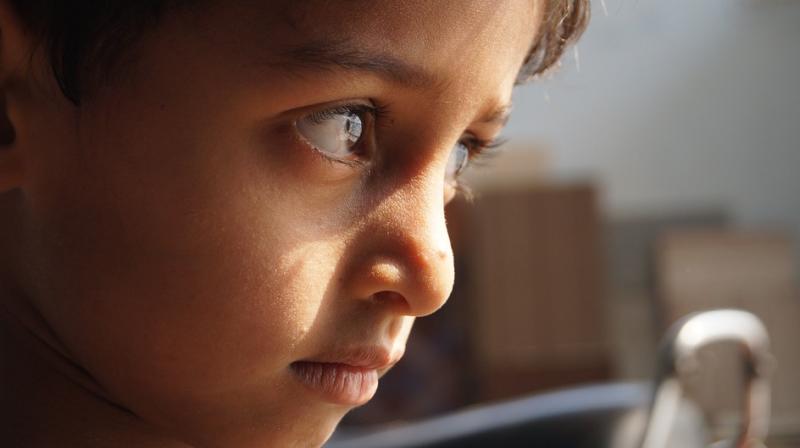
�Hyderabad:�In an age where children’s attention spans are split across screens and schedules, Attention Deficit Hyperactivity Disorder (ADHD) remains one of the most misunderstood and poorly supported conditions in Indian classrooms. Frequently mistaken for indiscipline, ADHD is either overlooked or mishandled, leaving students stigmatised and parents frustrated.
“In this age of divided screen time and lack of focus in kids, it actually becomes a challenge for schools to make the right diagnosis. Most often, parents are left with a sour experience if the cases are not handled professionally,” said Srilatha Dongre, academic regional lead at an education group in the city.
Many believe schools must act as safe spaces, guided by inclusive policies that prioritise support over alarm. “Pushing the child into a corner or alarming the parents doesn’t help. Instead, we need structured, consistent and empathetic approaches involving teachers, parents and counsellors,” Dongre added.
A 2022 study published in the Indian Journal of Psychiatry estimated that nearly 11.32 percent of Indian school children show symptoms of ADHD, but diagnosis rates remain abysmally low. Many students continue to struggle not because of a lack of ability, but because schools aren’t built to accommodate their learning needs.
Some schools are trying to fix this. At some schools, teachers are now being trained to recognise early signs of ADHD and adapt classroom strategies accordingly. “We’ve started using differentiated instruction and more hands-on learning methods to help these children stay engaged,” Dongre explained. “They’re often gifted in areas like storytelling, creativity and empathy, we just need to give them space to show it.”
Anuradha Joshi, principal of a private international school in Begumpet, seconded her saying “We’ve changed the way we look at behaviour. ADHD isn’t about being naughty. We’re encouraging our teachers to respond with patience and curiosity, not punishment. Activity-based learning has helped us reach students who would otherwise be labelled disruptive.”
The approach extends beyond classrooms. Schools are involving parents and counsellors to jointly craft personalised support plans. “Each plan includes small academic and behavioural goals, with regular reviews to update what works,” Joshi said.
This change has made a difference for parents like Aparna Meda, whose 9-year-old son was recently diagnosed with ADHD. “Earlier, he was constantly punished or singled out. Once the school stepped in with a structured plan and more encouragement, he started enjoying learning again,” she said.
Praise, educators say, should shift from performance to participation, appreciating effort, leadership, creative thinking and growth. “It’s important to stop chasing grades as the only measure,” Dongre added.
Ultimately, ADHD is neurological, not a behavioural flaw and as more schools begin recognising this, the shift from control to care may be exactly what these students need to thrive.

